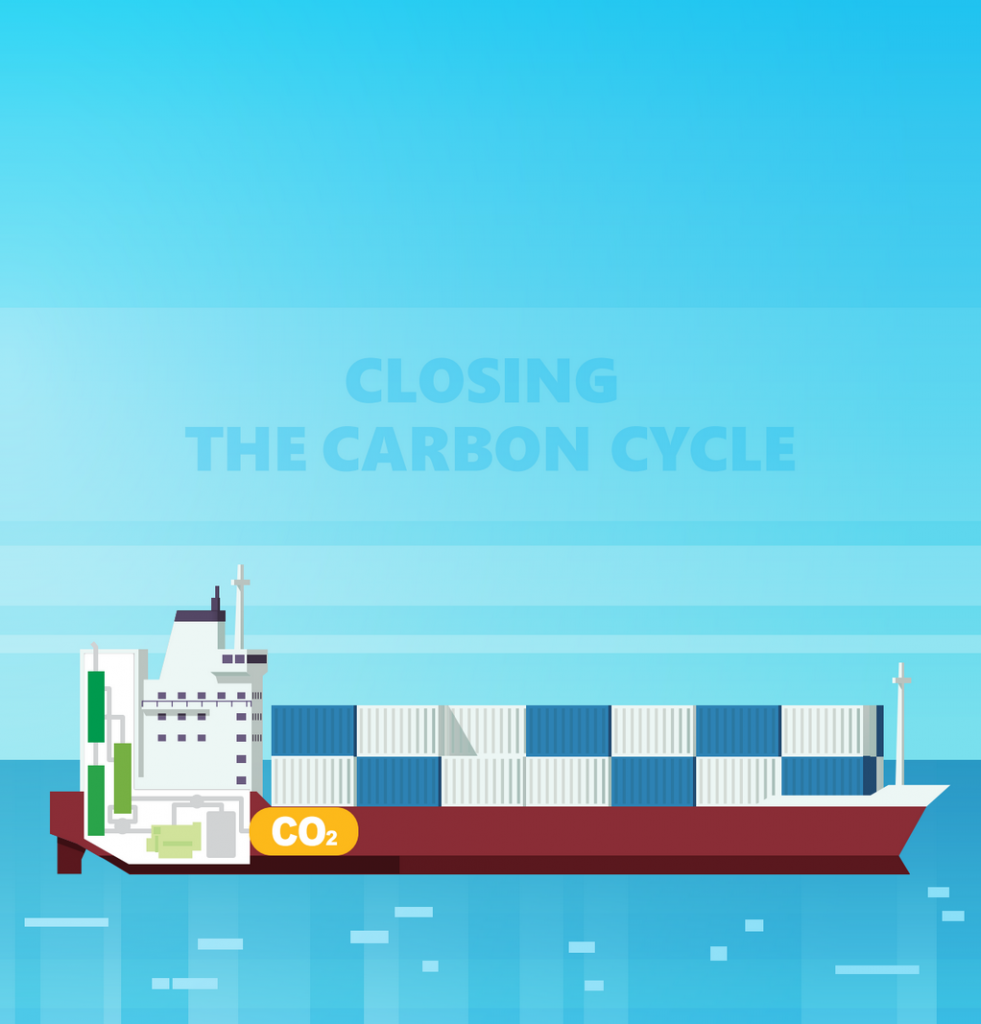Consort Bunkers Pte. Ltd., ClassNK, Yanmar Asia (Singapore) Corporation Pte Ltd, and Taiko Asia Pacific Pte. Ltd. have signed a Memorandum of Understanding (MOU) to accelerate towards introduction of more bunkering ships capable of handling alternative fuels.
Singapore-based Consort Bunkers placed an order with COSCO SHIPPING Heavy Industry (Guandong) Co.,Ltd. to construct four 7,999 DWT IMO Type 2 tankers, ready for biofuel and methanol bunkering. Incorporating their previous orders, a total of 13 biofuel/methanol bunkering tankers totaling over 90,000 DWT will join Consort’s fleet. ClassNK has been providing surveys and audits, Yanmar Asia has been providing main engines and generator engines, and Taiko Asia has been supplying cargo pumps package and various pumps package in engine room and pump room of the majority of Consort Bunkers’ fleet for more than a decade. Consort Bunkers has appointed them to take on the same role for this upcoming multi-fuel bunkering ships project.
The parties have signed an MOU for the cooperation and partnership regarding this upcoming project and also for the future projects including alternative fuels bunkering vessels. Under the MOU, all parties agreed to leverage their good relationship and respective expertise to complete Consort’s fleet renewal and expansion project, including new fuel bunkering vessels, and to contribute to regional and global implementation of alternative fuel use.
Tags: Class NK, Consort Bunkers, YANMAR



Recent Posts
Royal Caribbean Welcomes LNG-Fueled Star of the Seas to Its Fleet
Swire Shipping Launches ‘Voyage to Zero’ to Help Customers Cut Scope 3 Emissions Swire
Pinnacle Marine Launches B100-Powered President 100 for Biofuel Trials
Assam Puts Green Hydrogen Policy on Hold, Investors Reassess Plans
MNRE and Odisha Chart Roadmap for National Green Hydrogen Mission
Hyundai Glovis to Retrofit Seven PCTCs with Avikus AI Navigation System
Super Terminais orders three more Konecranes Gottwald ESP.10 Mobile Harbor cranes
Covestro and HGK Shipping Extend Partnership to 2040 with Focus on Wind-Assisted Vessel Retrofit